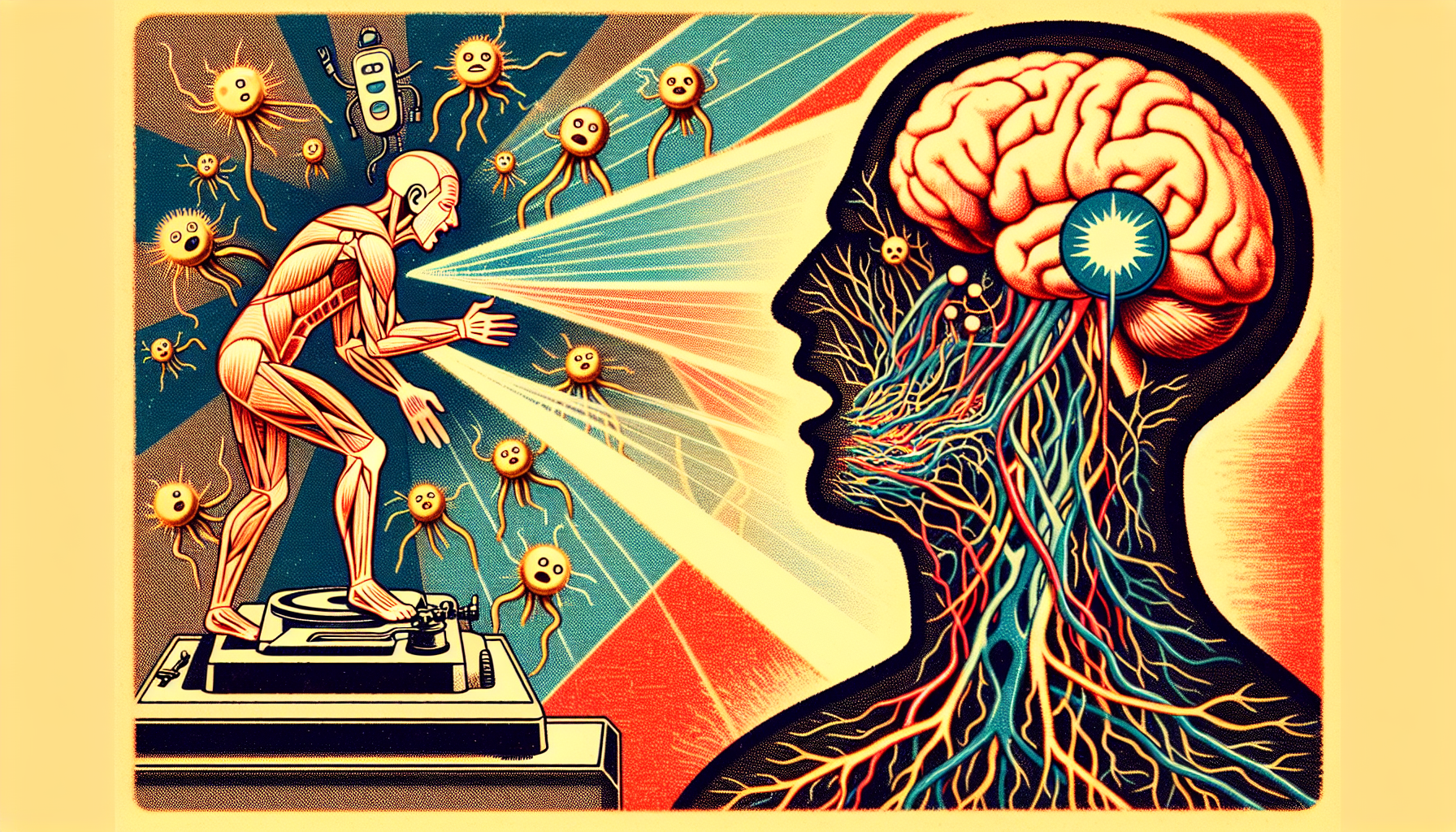In the realm of motor neuron diseases, there lies a defining struggle—communication. These conditions, such as the daunting amyotrophic lateral sclerosis (ALS), unravel the intricate web of muscles and neurons that allow us to express thoughts and emotions through speech. Yet, amid this difficulty, the horizon brightens with the advent of artificial intelligence (AI), offering a lifeline for those whose voices are silenced by these diseases. It’s a revolution that enables individuals to reclaim their voices and reconnect with the world they thought was slipping away.
Understanding Motor Neuron Diseases
Motor neuron diseases slowly dismantle the body’s voluntary muscle movements, orchestrated by motor neurons. This often leads to paralysis, including the muscles involved in speech, cutting off a vital channel of connection and interaction with others. Imagine Casey Harrell, a 46-year-old who once freely shared his thoughts and laughter, now facing silence due to ALS. His story is all too common, yet it embodies the profound impact such diseases can have on a person’s life.
The New Age of AI-Powered Voice Cloning
Amidst these challenges, AI voice cloning emerges as a beacon of hope. This innovation provides a way for individuals to hear their own voices again, thanks to digital replicas created from past recordings. Companies like ElevenLabs are at the forefront, using AI to craft realistic voice clones with astonishing precision, from just moments of recorded audio. This is a leap forward from earlier techniques that required extensive recordings, often resulting in voices that were more robotic than human.
The Science Behind the Solution
The journey to reclaiming one’s voice begins with recordings made before severe speech impairments set in. These precious snippets are used to train AI models, capturing every nuance of a person’s voice—its tone, pitch, and even those endearing ums and ahs. Once created, these AI-generated voices breathe life into various devices, enabling individuals to speak through text-to-speech systems and even power digital avatars that mirror their expressions, providing a more complete communication experience.
Transformative Real-World Stories
Consider Jules Rodriguez, who found his voice through ElevenLabs’ groundbreaking technology after ALS muted his own. This gift of voice allowed him to return to the spotlight, performing stand-up comedy—a testament to the power of AI in turning what seemed impossible into reality. Similarly, Casey Harrell’s story takes an inspiring turn with the help of implanted electrodes that translate brainwaves into words. By using his past recordings, scientists trained an AI to produce an electronic voice synthesizer that resonates with the timbre of his own lost voice.
Emotional Relevance and Social Reconnection
This technological renaissance is not just about mechanics; it’s deeply human. Regaining one’s voice rekindles emotional connections and breaks down the walls of isolation that motor neuron diseases build. Speech therapists have witnessed firsthand how users of this technology feel more included, their loved ones engaging more openly with them. It’s a testament to the fact that a voice is so much more than sound—it’s a bridge to the heart.
Challenges on the Horizon
However, this path is not without its challenges. Conversations can lag due to typing, and sometimes voices lack the richness of emotional depth, coming across as monotonous. Engineers and researchers are tirelessly working to address these nuances by infusing AI-generated speech with expressive tones and real-time emotions. They’re also crafting hyperrealistic avatars to capture not just voices but facial expressions too, narrowing the gap between AI and authentic human interaction.
Ensuring Access for All
An essential aspect of this technological promise is accessibility. Efforts spearheaded by ElevenLabs and partners like Bridging Voice and The Scott-Morgan Foundation aim to democratize access to this life-altering technology. By offering free voice cloning and text-to-speech solutions to ALS and MND patients globally, they are empowering countless individuals, working towards breaking the barriers that silence has erected.
The Promise of AI in Communication
AI voice cloning is reshaping not just communication, but the very essence of engagement and connection for those living with motor neuron diseases. This technology, while honoring the individual’s unique voice, fosters deeper emotional bonds, alleviates loneliness, and reintegrates individuals into the tapestry of daily life. As this field evolves, it holds the promise of a future where everyone, regardless of their challenges, can once again be heard and understood, fully embracing life with renewed voice and spirit.

Leave a Reply